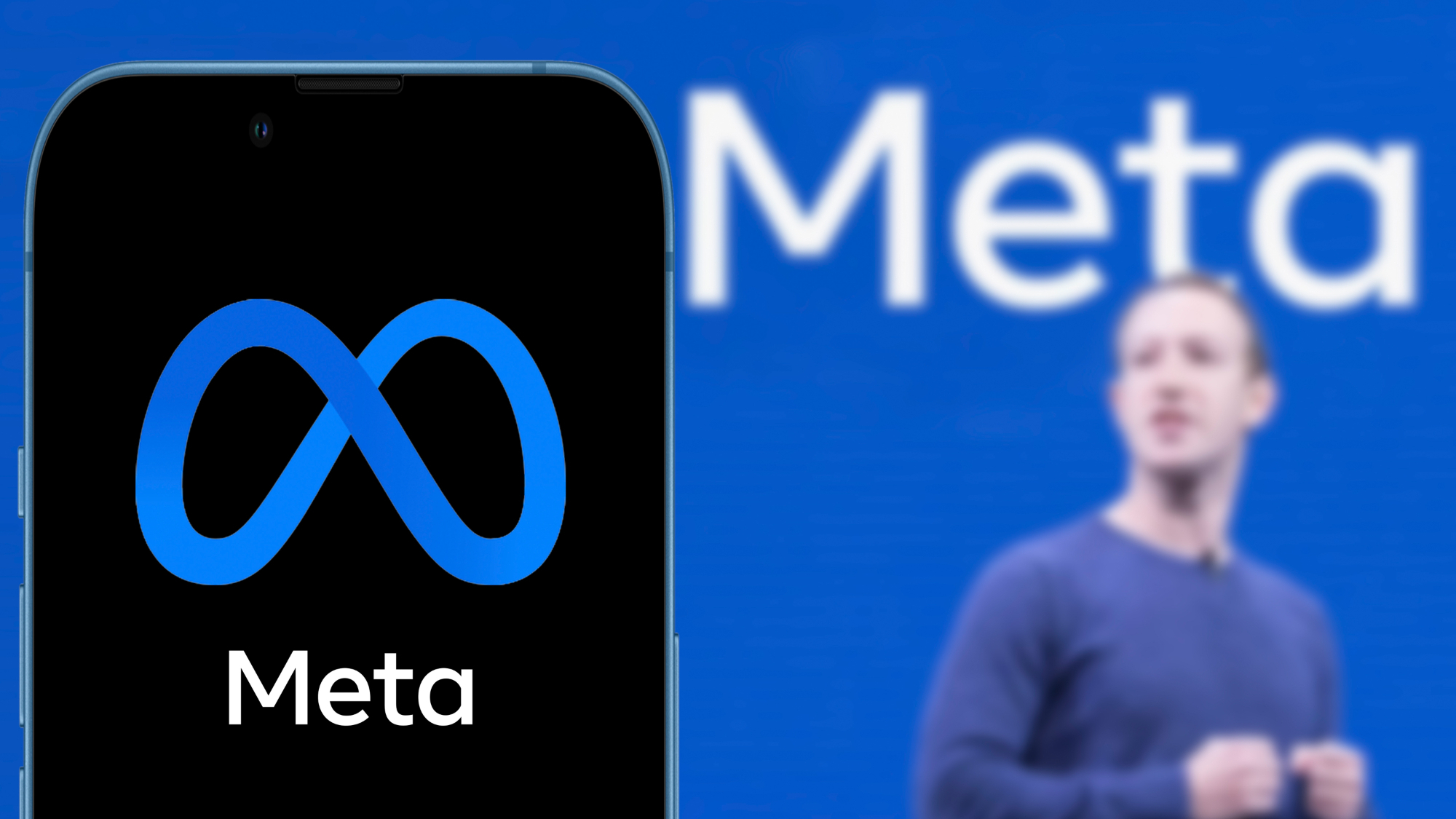Zuckerberg asks Trump to stop US companies from having to pay EU fines
Meta CEO doesn't want to pay EU fines

- Mark Zuckerberg has asked President-elect Trump to stop EU imposing fines
- Meta CEO compared GDPR and antitrust fines to tariffs on US companies
- Request comes after Facebook and Instagram move to replace fact checking services with community notes
Meta CEO Mark Zuckerberg has called on President-elect Donald Trump to stop the European Union from levying fines against US companies for violating the bloc’s anti-trust, data protection, and other rules.
Speaking on the Joe Rogan Experience podcast, Zuckerberg said, “I think it's a strategic advantage for the United States that we have a lot of the strongest companies in the world, and I think it should be part of the US strategy going forward to defend that.”
Meta has faced €2.619 billion ($2.67 billion) in fines from the European Union since 2022 as a result of General Data Protection Regulation (GDPR) violations alone. Meta was also hit by a €797.72 million ($813.71 million) fine late in 2024 for violating EU antitrust rules.
Zuckerberg cosying up to Trump
Zuckerberg suggested EU competition and data protection regulations were, “like a tariff” on American companies, playing into Trump’s recent threats to impose steep tariffs on imported goods from around the world.
If Trump were to heed Zuckerberg’s suggestion, which is unlikely, US companies would not have to adhere to the data and competition regulations that companies that operate in the EU must adhere to. As a result, US companies would likely face sanctions and restrictions on operating in the EU, cutting off a significant portion of the West as a potential market for US companies.
Following Trump’s successful election win, numerous companies have offered huge donations to the President-elect’s inauguration fund, likely in an effort to get into his good graces, with Meta donating $1 million.
Zuckerberg, whose initial foray into social media started with a site used to rank the physical attractiveness of female Harvard students, told Rogan he "started building social media to give people a voice", and that Facebook and Instagram would soon do away with fact checking services as they have become “too politically biased."
Are you a pro? Subscribe to our newsletter
Sign up to the TechRadar Pro newsletter to get all the top news, opinion, features and guidance your business needs to succeed!
The recent elections also acted as a “cultural tipping point towards once again prioritizing speech,” he said in a video later shared on Facebook.
Instead, the Meta-owned social media platforms would begin transitioning towards a community notes system, similar to that used on X (formerly Twitter). Meta also announced the discontinuation of its diversity, equity and inclusion programs.
The UK’s technology secretary, Peter Kyle, has already stated the recently-introduced Online Safety Act is “not up for negotiation”.
“The threshold for these laws allows responsible free speech to a very, very high degree. But I just make this basic point: access to British society and our economy is a privilege – it’s not a right. And none of our basic protections for children and vulnerable people are up for negotiation,” Kyle said in an interview with the Observer.
You might also like
- These are the best VPNs
- Take a look at our guide to the best proxy servers
- Meta hit with $263m fine over 2018 Facebook data breach

Benedict has been writing about security issues for over 7 years, first focusing on geopolitics and international relations while at the University of Buckingham. During this time he studied BA Politics with Journalism, for which he received a second-class honours (upper division), then continuing his studies at a postgraduate level, achieving a distinction in MA Security, Intelligence and Diplomacy. Upon joining TechRadar Pro as a Staff Writer, Benedict transitioned his focus towards cybersecurity, exploring state-sponsored threat actors, malware, social engineering, and national security. Benedict is also an expert on B2B security products, including firewalls, antivirus, endpoint security, and password management.
You must confirm your public display name before commenting
Please logout and then login again, you will then be prompted to enter your display name.